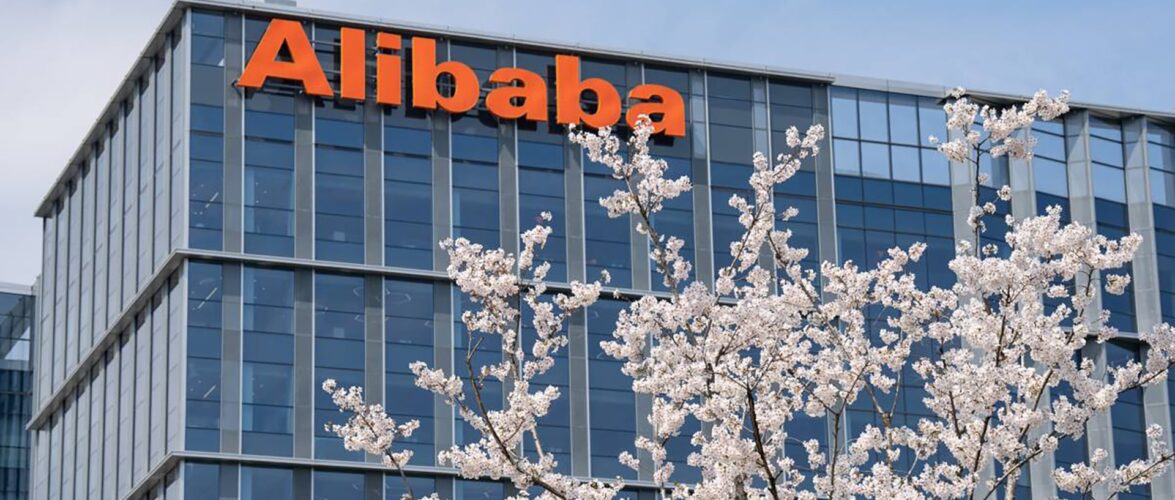The Southeast Asian tech scene welcomed a new unicorn this week when Singapore-based crypto finance startup Matrixport said on Monday that it has raised USD 100 million in a Series C round, taking its valuation to over USD 1 billion. Founded in 2019, the company offers crypto-related services, including institutional custody, trading, lending, structured products, and asset management to institutional and retail clients.
The company holds more than USD 10 billion in assets under management and custody, and records USD 5 billion in monthly transactions across all product lines, according to the statement.
Matrixport joins five other companies to have attained ten-figure valuations in the past two months.
Thailand-based logistics company Flash Group, also known as Flash Express, raised USD 150 million and became the country’s first unicorn. Singapore’s car marketplace firm Carro followed suit two weeks later after raising USD 360 million in an investment led by Softbank.
Then, Carro’s biggest competitor, Malaysia-based Carsome, also became a member of the triple comma club after acquiring 19.9% of Australia-listed iCar Asia from Catcha Group. This puts the two firms in tight competition while secondhand automobile sales move online in Southeast Asia.
Last month, Indonesian tax management startup Online Pajak made headlines when CB Insights reported that the company’s valuation was USD 1.7 billion, making it the seventh tech unicorn firm in the country and the first SaaS startup to achieve the status. And, most recently, Singapore’s Nium became the first B2B payments unicorn in Southeast Asia following a USD 200 million Series D funding round.
This series of developments reflects the maturation of Southeast Asia’s tech scene. As with the likes of Grab and Bukalapak, the next step for these companies is likely to go public to facilitate exits for the firm’s backers while raising additional capital. In a recent interview with KrASIA, Vertex Holdings CEO Kee Lock Chua said that more exits from startups legitimize the Southeast Asian market. This will attract additional VC funds to the region and lead to a more sophisticated ecosystem.
Nevertheless, unicorn status doesn’t guarantee profitability. In fact, companies like Grab, Gojek, Tokopedia, and Bukalapak are not profitable yet. Startups usually reach high valuations after hundreds of millions of dollars in venture capital are poured into the companies’ coffers. This often fuels their money-burning strategy to acquire customers and compete with business rivals.
In an article published by Forbes, Greg Shepard, a founding partner at US-based VC firm Boss Capital Partners, said that investors are keen to back companies with high valuations because they want to earn massive returns from their investments. Investors are more likely to attain windfalls by backing one unicorn than by investing in many smaller startups. Therefore, Shepard argues that being a unicorn should not be an ultimate goal for any startups’ founders, as it is better to focus on the company’s sustainable growth.
However, the label still holds allure. Many governments, especially those of emerging economies, encourage the establishment of tech startups that may become billion-dollar companies. Vietnam’s government set a target of having ten local tech unicorns by 2030, while Indonesia’s minister of research and technology, Bambang Brodjonegoro, told local media last year that he hopes to see three to five new unicorns in the country. The Indonesian government believes that the country’s economy should be based on innovation instead of natural resources alone. It aims to realize this by fostering a bouquet of tech companies.
Read this: Tech companies are changing perceptions of the Indonesia Stock Exchange





